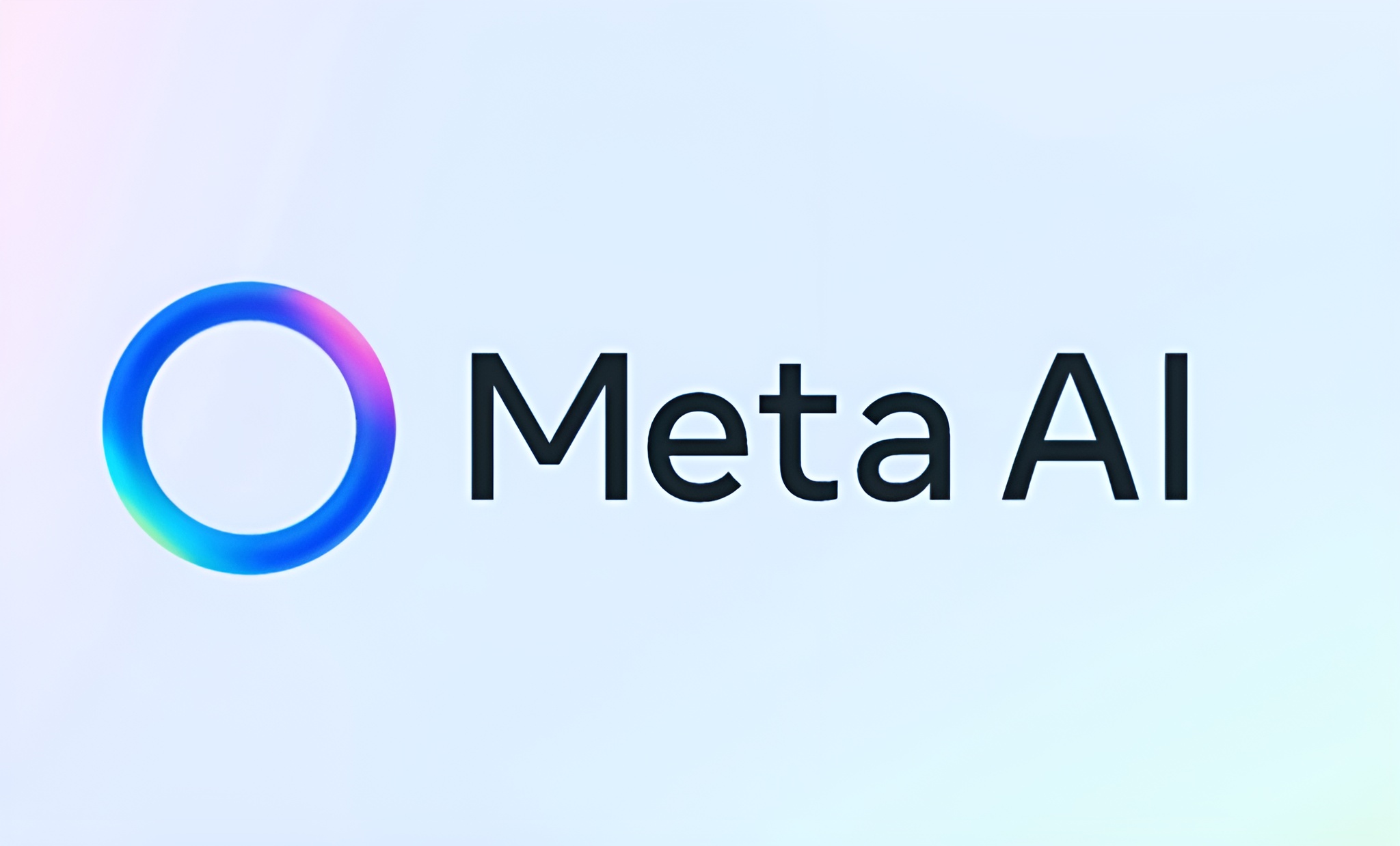LOGOS, a digital tool developed by the Metropolis of Nea Ionia, Filadelfia, Iraklio and Halkidona alongside the University of the Aegean, has marked the Church of Greece’s entry into the age of AI.
The tool gathers information on questions of Christian faith and provides clear, practical answers instead of replacing human guidance.
Metropolitan Gabriel, who initiated the project, emphasised that LOGOS does not substitute priests but acts as a guide, bringing believers closer to the Church. He said the Church must engage the digital world, insisting that technology should serve humanity instead of the other way around.
An AI tool that also supports younger users, allowing them to safely access accurate information on Orthodox teachings and counter misleading or harmful content found online. While it cannot receive confessions, it offers prayers and guidance to prepare believers spiritually.
The Church views LOGOS as part of a broader strategy to embrace digital tools responsibly, ensuring that faith remains accessible and meaningful in the modern technological landscape.
Would you like to learn more about AI, tech and digital diplomacy? If so, ask our Diplo chatbot!










